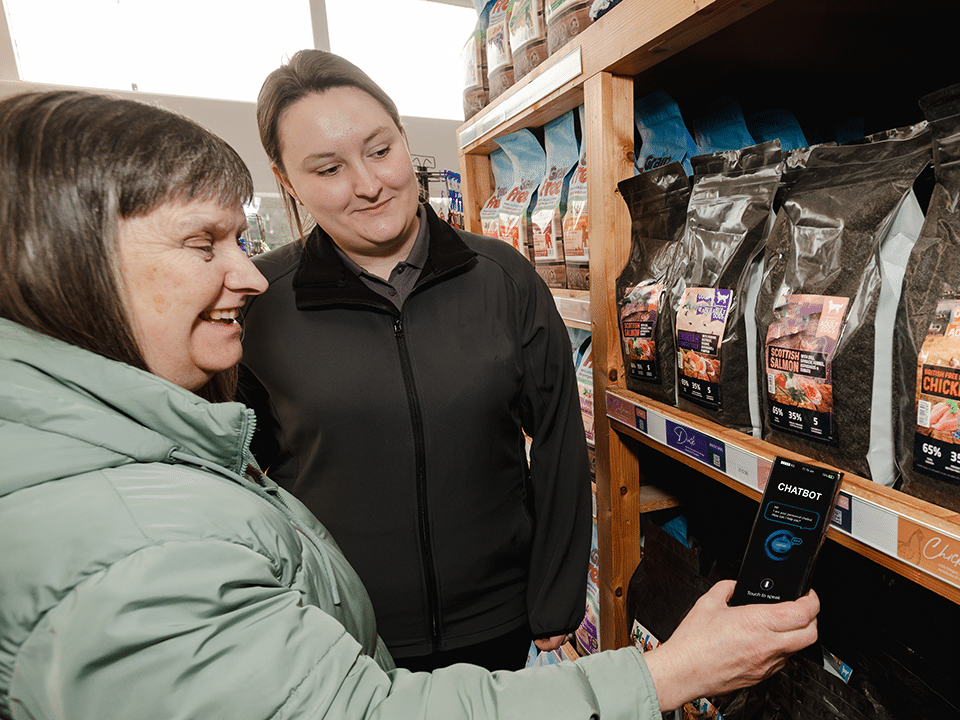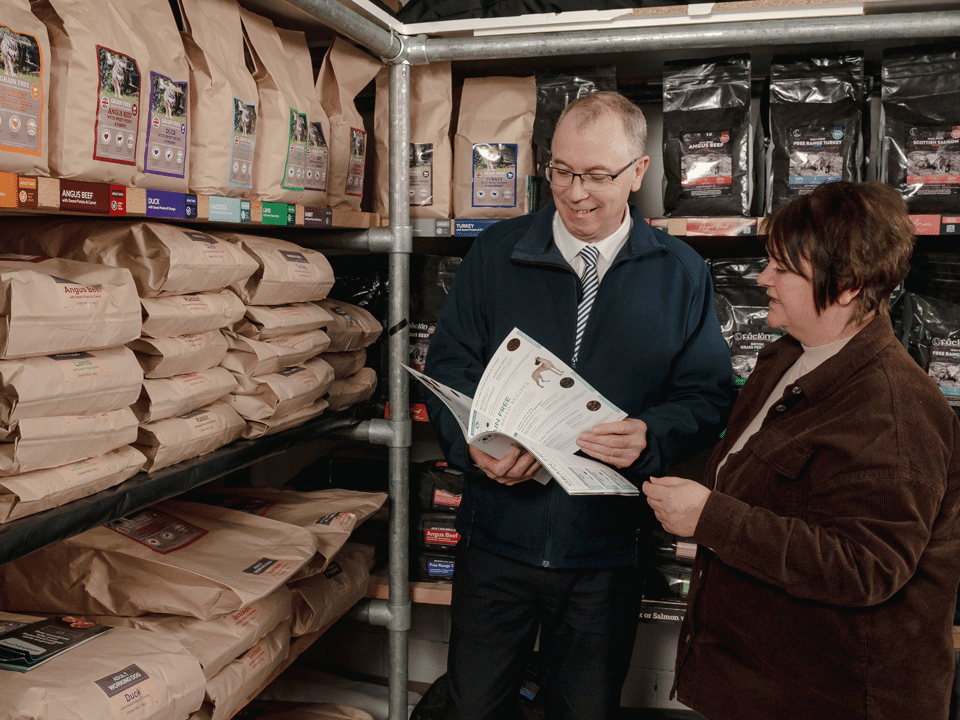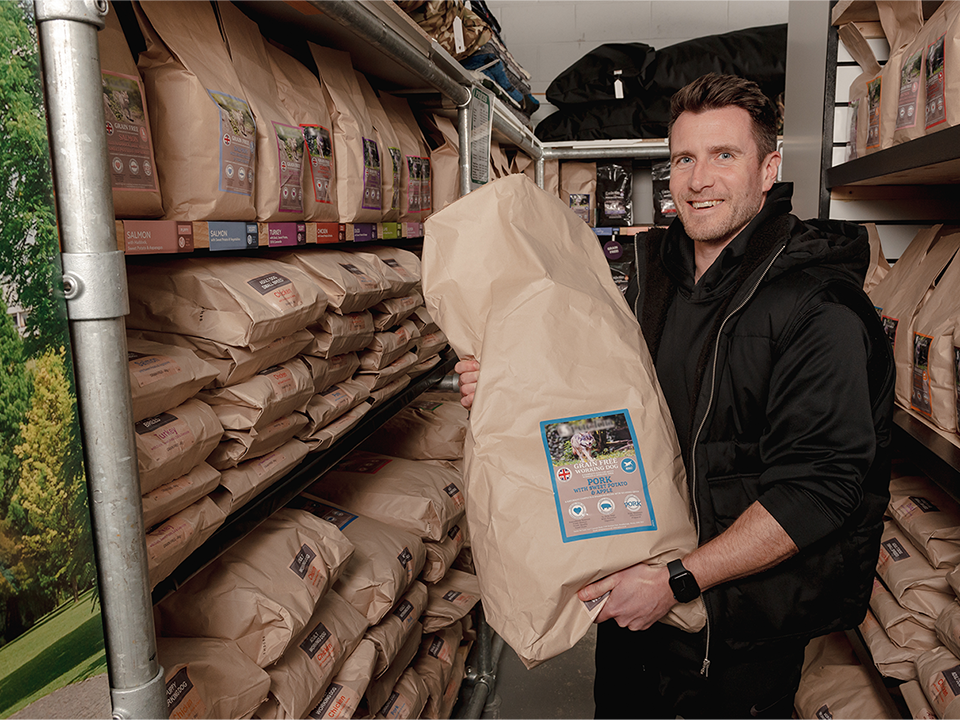
A common query among pet owners is, “What dog food should I feed my dog?” With so many dog food brands available, making an informed choice can be challenging. It is essential to understand the ingredients required for a dog’s optimal health and well-being—not only for proper digestion, but also for a shiny coat and sustained energy levels.
It is important to remember that a dog’s diet will vary according to the individual. While pet dogs are predominantly carnivorous, they also consume omnivorous foods. Regardless, a dog’s diet should always be both complete and balanced, ensuring it meets the pet’s daily nutritional requirements.
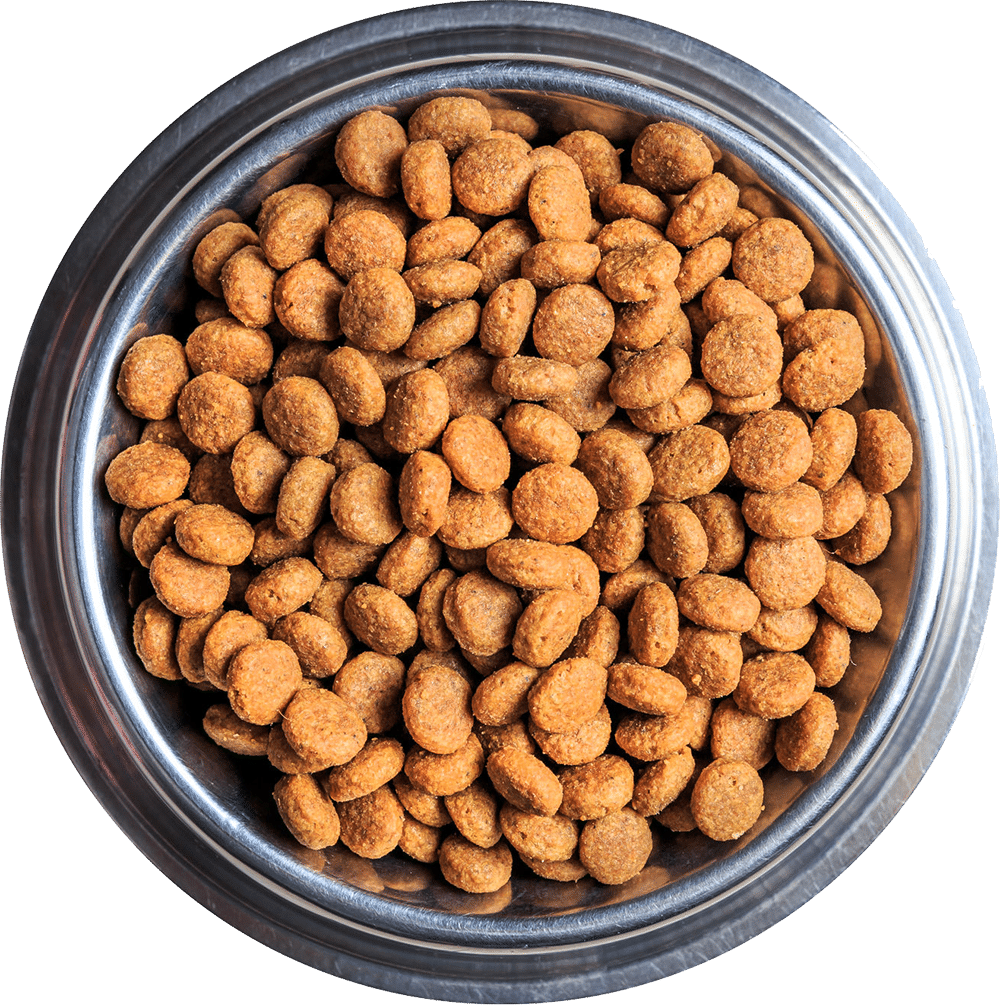
Dry Dog Food
Recent research indicates that dry dog food is the most commonly fed diet among pet owners, accounting for approximately 71% of the market. This type of food, with a low moisture content of around 8%, is extruded into pellets, biscuits, or kibbles and is typically packaged in bags or boxes. Meat is generally added in either fresh or dried form. One major advantage of dry food is its extended shelf life compared to wet food, which is more prone to spoilage.
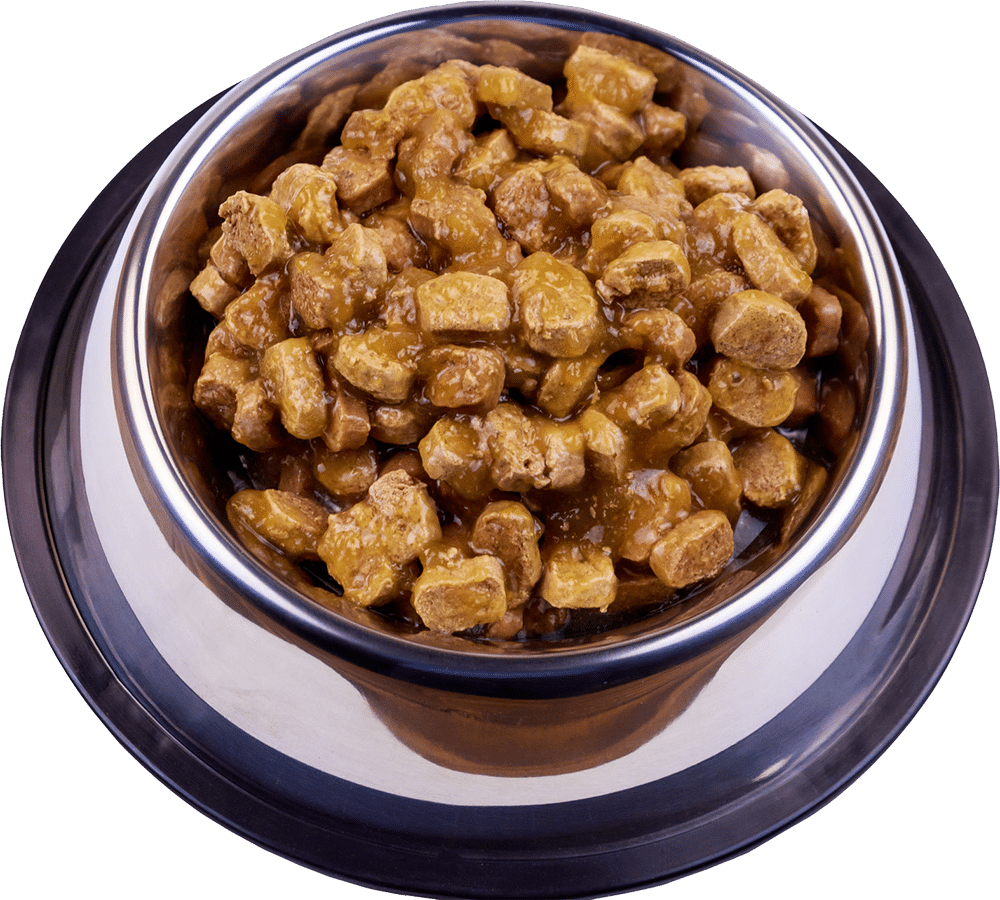
Wet Dog Food
Wet dog food constitutes roughly 33% of the market. It contains a high moisture content and is usually cooked at elevated temperatures to sterilise the product before being sealed under pressure in cans, foil trays, or pouches. An additional benefit of wet dog food is its ability to contribute to a dog’s daily fluid intake.
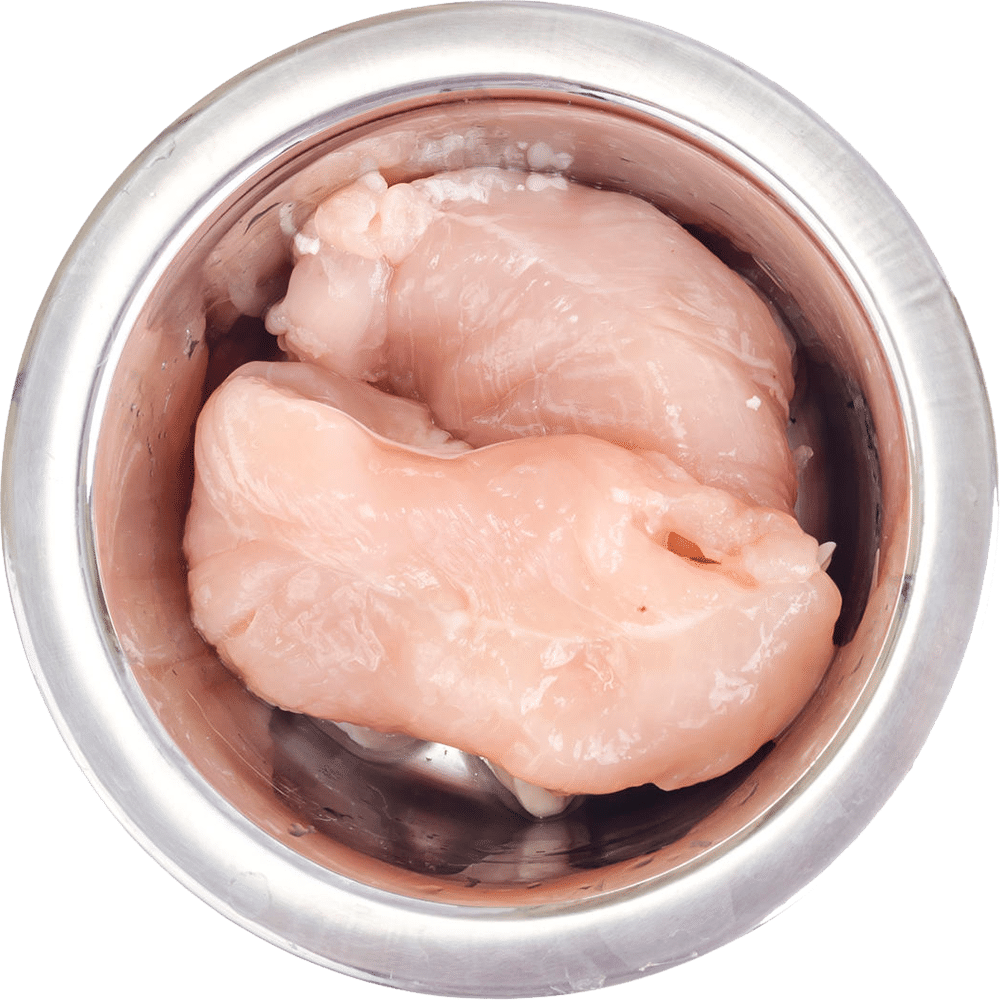
Raw Diet
Commercially prepared raw meat diets account for about 5% of the market. This form of food typically consists of muscle meat, often still on the bone, and is stored frozen. Many owners also choose to prepare homemade raw diets. One notable characteristic of this diet is that, since it is served wet, it may result in a dog drinking less.
How Much Food Does a Dog Require?
The appropriate amount of food for a dog depends primarily on its size, breed, and age. Ensuring that a dog receives the correct portion of food is vital, as being either underweight or overweight can lead to long-term health issues.
Rather than focusing solely on weight, it is advisable to assess a dog’s body condition. You should be able to feel the ribs and notice a defined waist.
Puppies
The nutrition provided to a puppy is the foundation for lifelong health. Puppies require more calories, as well as higher levels of vitamins, minerals, fats, and protein to support their rapid development. Puppy foods are generally designed for dogs between 4 weeks and 12 months old, although this can vary.
A delicate balance of calcium and phosphorus is essential to support skeletal development, and a nutrient-dense diet is necessary to meet growth requirements and sustain energy levels between meals. Smaller breeds typically require more concentrated levels of nutrients, while larger breed puppies need less, as different-sized breeds reach maturity at different rates.


Adult Dogs
Dogs usually transition to the adult life stage between 12 and 18 months of age. Small and medium-breed dogs often require food with a higher energy content due to their faster metabolic rates; diets rich in protein, vitamins, and minerals are beneficial for their continued development.
Larger dogs generally reach adulthood around the age of two, and to prevent excessive weight gain, they require food with lower levels of fats. Their diets must contain controlled amounts of protein, energy, calcium, and phosphorus to ensure steady growth, while additional nutrients such as glucosamine are important for supporting joint health.
Senior Dogs
As dogs age, they tend to become less active and require more rest, with a longer recovery period after exercise. Dogs aged seven years or older are generally classed as seniors. Their diet should be modified to include higher fibre levels and reduced oil and fat content. It is also important to maintain joint health through the inclusion of vitamins and minerals such as Omega‑3 fatty acids, glucosamine, MSM, and chondroitin.

Food Intolerances and Allergies
Pet owners sometimes confuse food intolerances with allergies, often attributing gastrointestinal disturbances to allergies. In reality, less than 10% of all allergic reactions are due to a food allergy. A true food allergy is an immunological response to a specific protein allergen, typically manifesting as itchy skin, infections, or even hair loss. Most allergies in pets are caused by environmental factors such as fleas, dust mites, or other irritants.
Veterinary practices can offer allergy testing to help identify the underlying causes.
Foods That Should Not Be in a Dog’s Diet
Not all foods are safe for dogs. The following common household items can cause significant health problems:

Chocolate:
Widely recognised as toxic to dogs, even small amounts can lead to vomiting or diarrhoea, while larger quantities may cause seizures or be fatal.
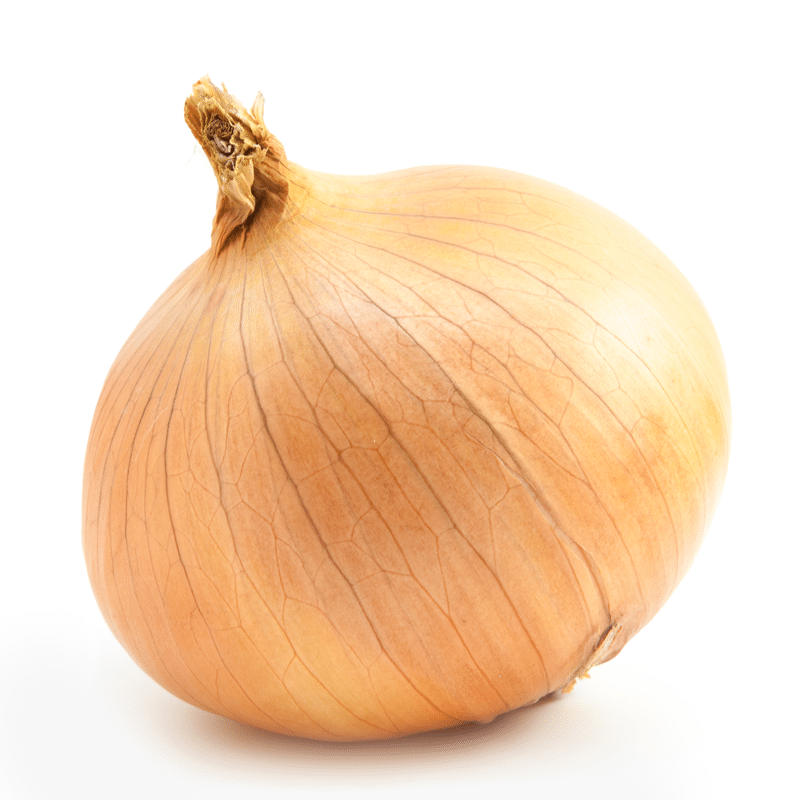
Onions:
Regular consumption of onions can alter red blood cells, leading to chronic lethargy, pale gums, weakened limbs, and a racing heart.
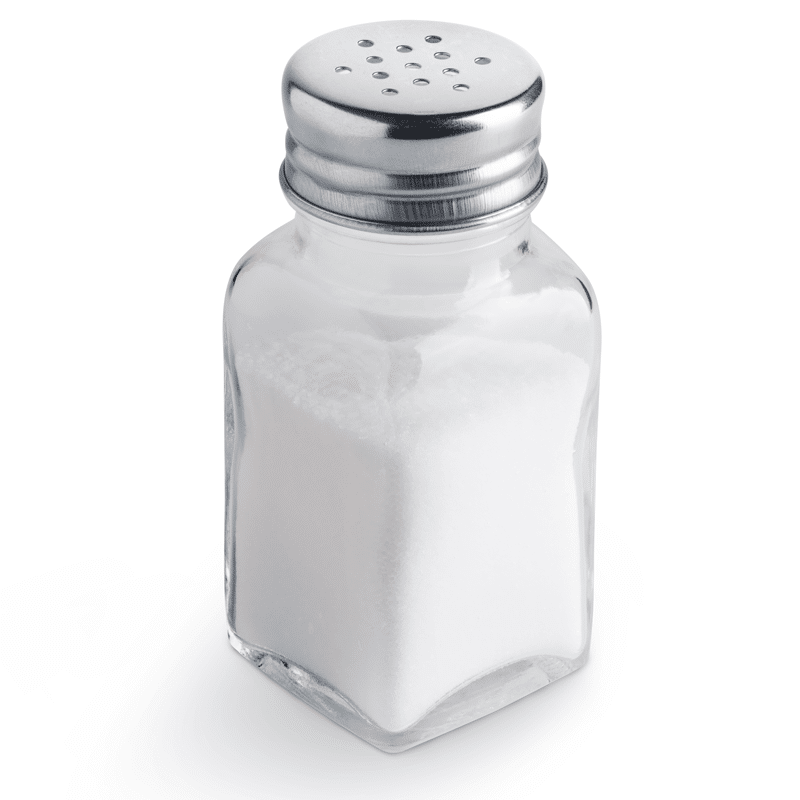
Salt:
Although a certain amount of salt is necessary, an excessive salt intake can lead to high blood pressure, heart disease, heart attacks, strokes, and added strain on the kidneys.
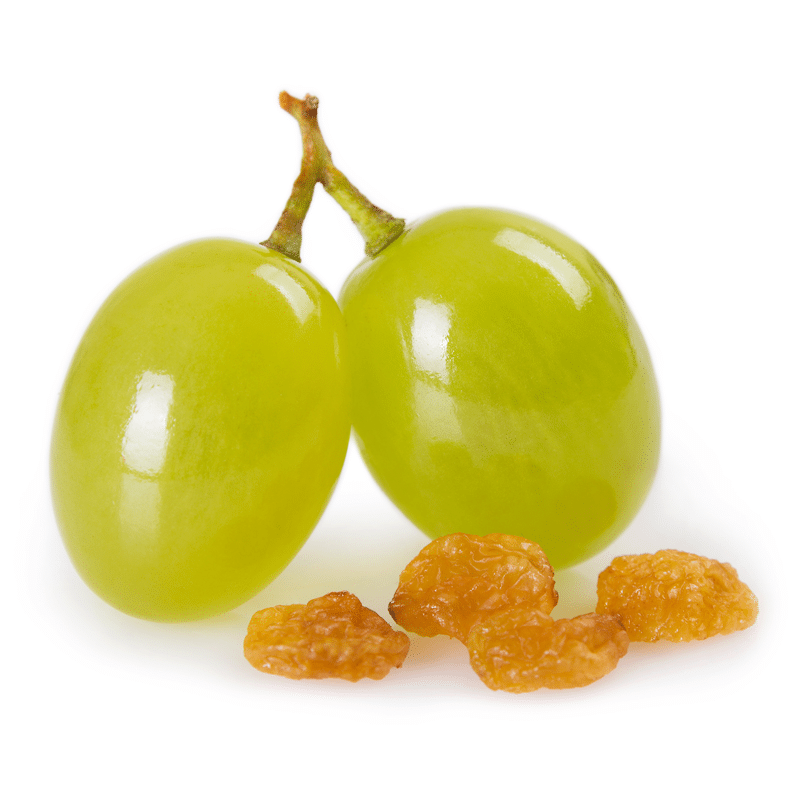
Raisins and Grapes:
Both are poisonous to dogs, potentially causing vomiting, diarrhoea, reduced urination, and, in severe cases, kidney failure.
Grain-Free Dog Food
Grain-free diets continue to be a significant trend within the pet food industry. Produced without any grains, these diets are particularly popular for dogs with specific food allergies.
Reported benefits of grain-free dog food include:
- Reduced and smaller stools
- Decreased shedding
- Improved skin and coat condition
- Fewer digestive upsets
- Reduced itching and scratching
To find out more about how our dry dog food is made at GA Pet Food Partners, please click here to visit our production page.

Emma Hunt
GA Pet Food Partners Pet Nutritionist
Emma has an undergraduate in Animal Behaviour and Welfare and subsequently completed a Masters in Veterinary Public Health at the University of Glasgow. Following this, she worked in the agri-food industry for several years and kept her own sheep flock before joining GA in 2021. Emma enjoys training and competing in strong woman, or spending time with her much-loved collie Lincoln.
You may also like...
Article written by Kate Steele
The Pros and Cons of AI in Pet Retail
You may have frequently encountered the term “AI” or “AI technology” in the media. From unlocking your phone using Face ID, asking for directions on your [...]


